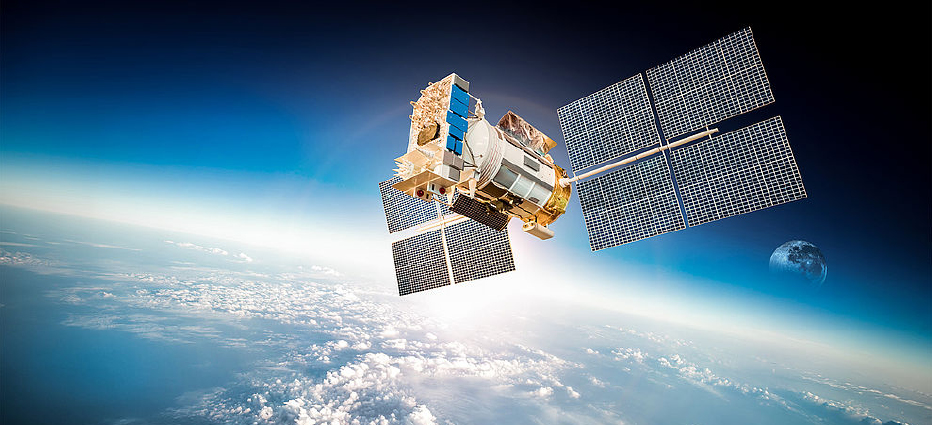
High-precision GPS data is a key factor for driverless cars to operate safely.
But currently, different regions of the world rely on different GPS signals. A move by the Japanese government and the European Union to integrate their GPS satellite constellations could now speed up the development of self-driving cars. Japan’s Quasi-Zenith Satellite System and the EU’s Galileo network could be linked by 2018, according to a Nikkei Asian Review report.
The cooperation aims to form a common digital language that the systems will use to transmit information. “If combined, the two systems can be complementary, with the more accurate QZSS mainly covering the Asia-Pacific area and Galileo covering the rest of the world”, Nikkei Asian Review reports. This could trigger huge benefits for the automotive industry: For instance, Japanese OEMs and suppliers could ship auto parts developed for the Japanese market more easily to other markets. “This would cut the cost of global expansion at companies developing autonomous cars, farm machinery and construction machines,” concludes Nikkei Asian Review.
The Japanese government and the European Commission recently initiated talks on integrating the systems. Among the companies participating are Mitsubishi Electric, Hitachi Zosen and NTT Data of Japan as well as Thales, a French defense and electronics company.